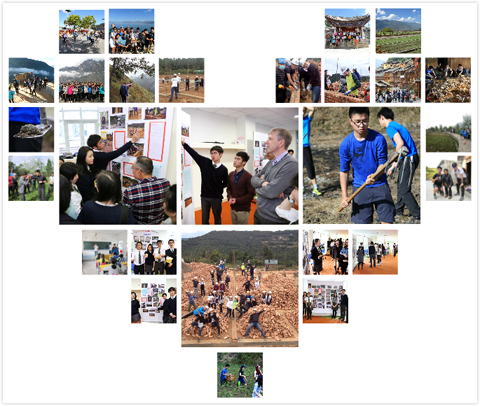
On this semester’s Zhi Xing China excursion (held from 24-28 October), Secondary Division students travelled deep into China’s vast interior and to its southwestern frontier. Year 9 and 10 students journeyed to the provinces of Hunan, Guizhou and Yunnan where they marvelled at the quiet majesty of the mountainous landscapes. As they ascended into the mountains, the students visited various communities of ethnic minorities. Meanwhile, Year 11 and 12 students travelled to Guangdong, Guanxi and Sichuan, where they devoted themselves to community-service projects. The students helped build homes for residents of impoverished communities.
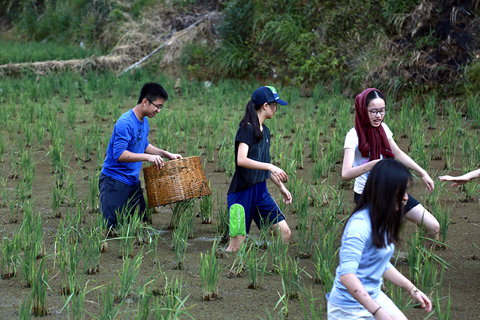
As the Zhi Xing China trip to Guizhou was part of IGCSE’s Sociology programme, students visited the villages of the Miao and Tong ethnic minority people to experience their culture. Through exchanges with the villagers, students developed a deeper understanding of their customs and beliefs. Pao students in the group led by IGCSE Coordinator Amy Donald and Chinese teacher Yu Zhitao visited a Guizhou elementary school, where they taught the local students English and modern poetry.
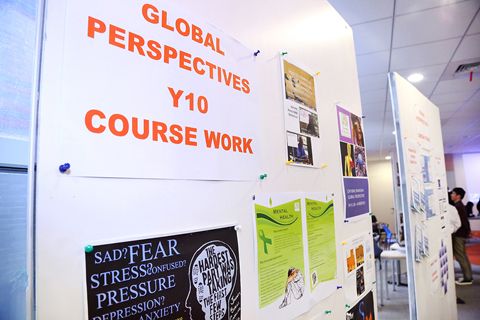
On 18 November, Pao students gave presentations on their Zhi Xing China experience to parents and teachers. The parents of Amanda, a Year 10 student who travelled to Guizhou, said the trip not only helped their daughter strengthen her social skills but also provided a rare opportunity for her to have candid exchanges with ethnic minorities. 'It was really worthwhile for Amanda to go on this trip,' her parents said.
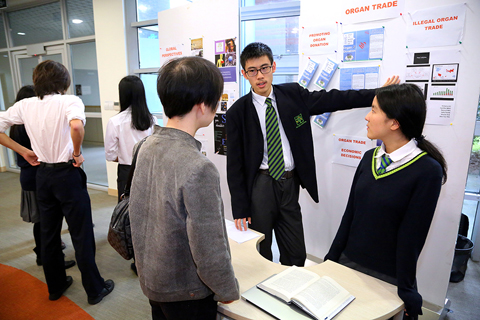
Some students chose not to go on the Zhi Xing China excursion and instead worked on projects at school. They also presented on 18 November. For instance, IGCSE Global Perspective Year 10 student Joanna participated in a project focused on curbing cigarette smoking. She and her teammates did extensive research for this assignment, created anti-smoking posters, and gave a presentation to Year 8 students about the dangers of smoking.
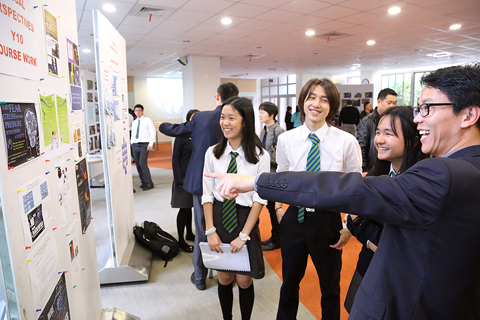
One group each of Year 10 and Year 11 students researched organ-donation policies in different countries as they sought to boost awareness of how being an organ donor can help people in China.
The students interviewed Pao teachers – both Chinese and foreign – and also travelled off campus to speak with passers-by on the street. The students found misconceptions about organ donation are common in China. They concluded that the public should receive more education about the topic.
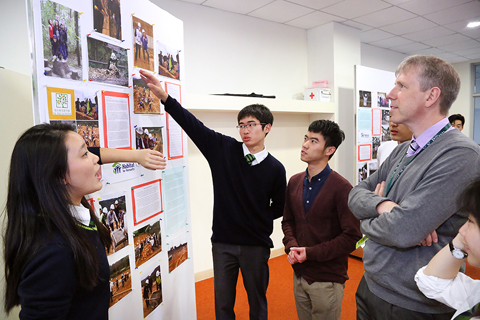
After the presentations ended, Paul Wood, Executive Principal of Pao School's Secondary Division, commended the students on their fine work. He said he was happy that students had the opportunity on Zhi Xing China to experience learning outside of the classroom, see a different side of Chinese culture and feel a closer connection to their country.
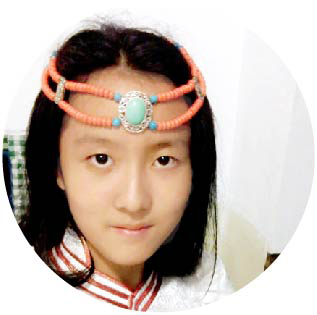
Student Reporter: Diana (Y10)